Democracy in China credited for advantage
With the two sessions beginning this week, China's achievements will be on show and foreign experts are pointing to the country's democracy as giving it an edge over the West.
"It seems to me that the balance between China and the United States, in terms of economy, society, politics and strategy over the last few decades has greatly favored China," said Colin Mackerras, a Sinologist and emeritus professor at Griffith University in Australia.
Karori Singh, a former director and emeritus fellow at the University of Rajasthan in India, expects that, on the floor of the two sessions, the performance of people's democracy will be reviewed. uations will be presented, taking into account how the political system has eliminated inequalities, curtailed corruption and eradicated absolute poverty. These achievements have advanced the country toward common prosperity.
"In a nutshell, the two sessions will ridate the people's democracy and explore possibilities of further institutional and policy reforms to conform to the national rejuvenation and people's well-being," the academic said.
The annual plenary sessions of the National People's Congress and the National Committee of Chinese People's Political Consultative Conference are key parts of the Chinese democratic system. Thousands of elected people's deputies and political advisers will deliberate on major state affairs and make important decisions after consultations and consensus building for the whole nation.
Mackerras observed that before US President Joe Biden convened his virtual "Summit for Democracy" on Dec 9-10, China's State Council Information Office issued a white paper on democracy in China. It expanded on the concept of "whole-process democracy". The document that the Australian scholar referred to was titled "China: Democracy That Works".
"The essence of whole-process democracy is public participation in the management of affairs all the time and government responsiveness to the needs and demands of the people at all times, not just at election time," he said.
Munshi Faiz Ahmad, a former chairman of the Bangladesh Institute of International and Strategic Studies and former Bangladeshi ambassador to China, said that, through the two sessions and other avenues, people can contact government and Party authorities, make their ideas and concerns known to them, and there are various ways of addressing or resolving those issues.
"Now when China says whole-process people's democracy, it includes all aspects of the democratic process, which means elections, and various other kinds of consultations, and it covers all sectors of society," he said.
'Stable and effective'
China has stated that its implementation of its own form of democracy has been "stable and effective" at a time when the West, and the US in particular, has seen major failings in its democratic system, according to Mackerras.
However, the professor observes that, as people might expect, the Western press has "sneered at the Chinese claims about their own democracy".
"My own view is it is up to each country to determine its own form of government. China has never imposed its own system on others," he said. "On the other hand, the US, aided and abetted by client countries such as Australia, has frequently sent in troops to impose its own democratic system on others, and in most cases, this has ended in widespread death, misery and failure."
Mushahid Hussain Sayed, chairman of Pakistani Senate's Defense Committee and senator from the Pakistan Muslim League-Nawaz, also thinks each country has its own path to democracy and one should not pressure or dictate other countries in this regard.
Singh said democracy is "an incremental process", and the model of whole-process people's democracy suits China and its people. In his opinion, the Western-capitalist model of democracy in the developing countries is marred by rampant corruption and severe socioeconomic inequalities, while people's democracy is an attempt to bridge the chasms created by inequalities. The model curtails corruption and enables people's rights and freedoms through a pro-people policy balance.
 最新热点
最新热点
-
遇见广州,解锁未来都市的N种模样 | 粤见APEC
-
独家视频丨习近平同乌拉圭总统奥尔西举行会谈
-
独家视频丨习近平同乌拉圭总统会谈:持续深化全面战略伙伴关系 加强全球南方团结协作
独家视频丨习近平同乌拉圭总统会谈:持续深化全面战略伙伴关系 加强全球南方团结协作
最新热点2月3日上午,国家主席习近平在北京人民大会堂同来华进行国事访问的乌拉圭总统奥尔西举行会谈。 习近平指出,中国有句古语,“相知无远近,万...
-
独家视频丨习近平同乌拉圭总统会谈:你是中国人民的好朋友 也是今年首位访华的拉美国家元首
独家视频丨习近平同乌拉圭总统会谈:你是中国人民的好朋友 也是今年首位访华的拉美国家元首
最新热点2月3日上午,国家主席习近平在北京人民大会堂同来华进行国事访问的乌拉圭总统奥尔西举行会谈。 习近平指出,38年前的今天,中乌实现建交。38年来,无...
-
广东这个千年古县,韩愈来了都说好



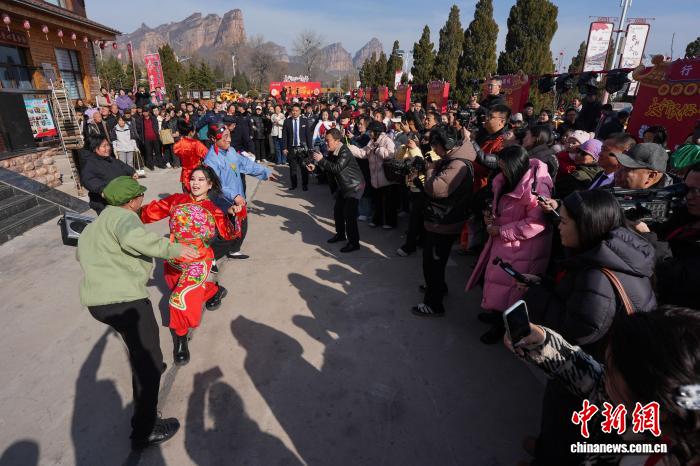

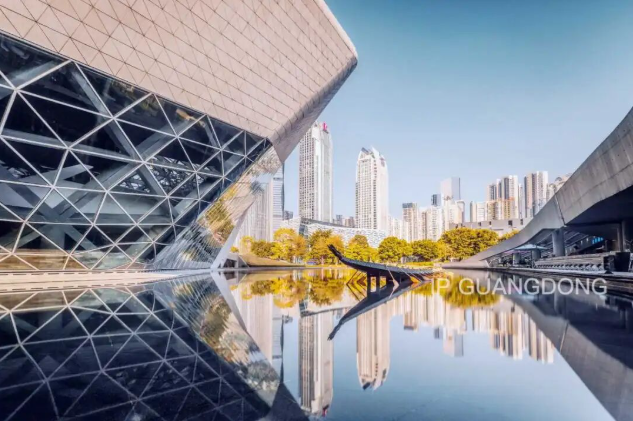

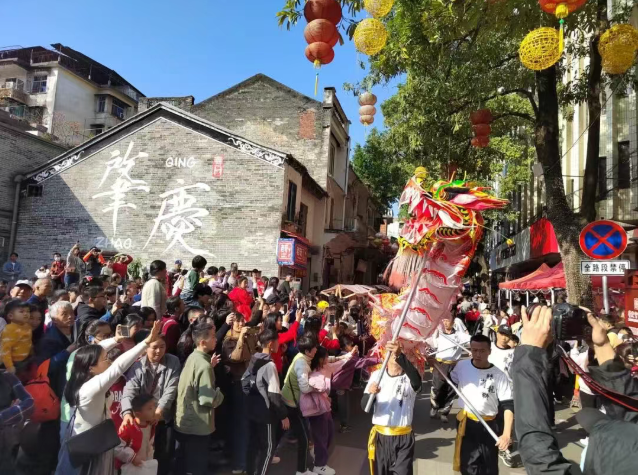
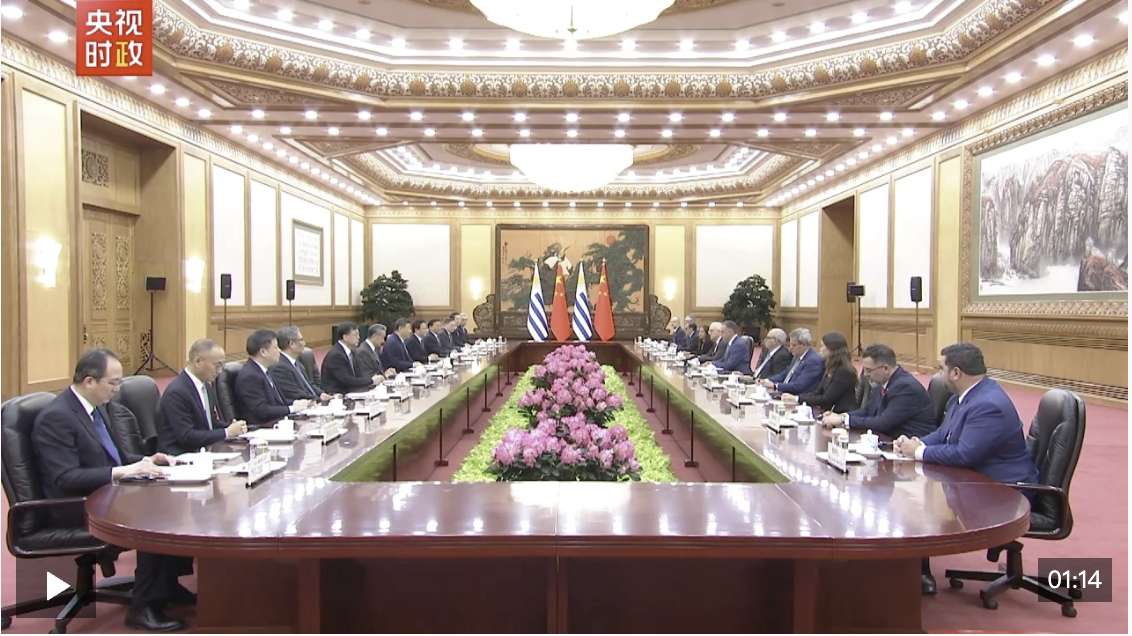
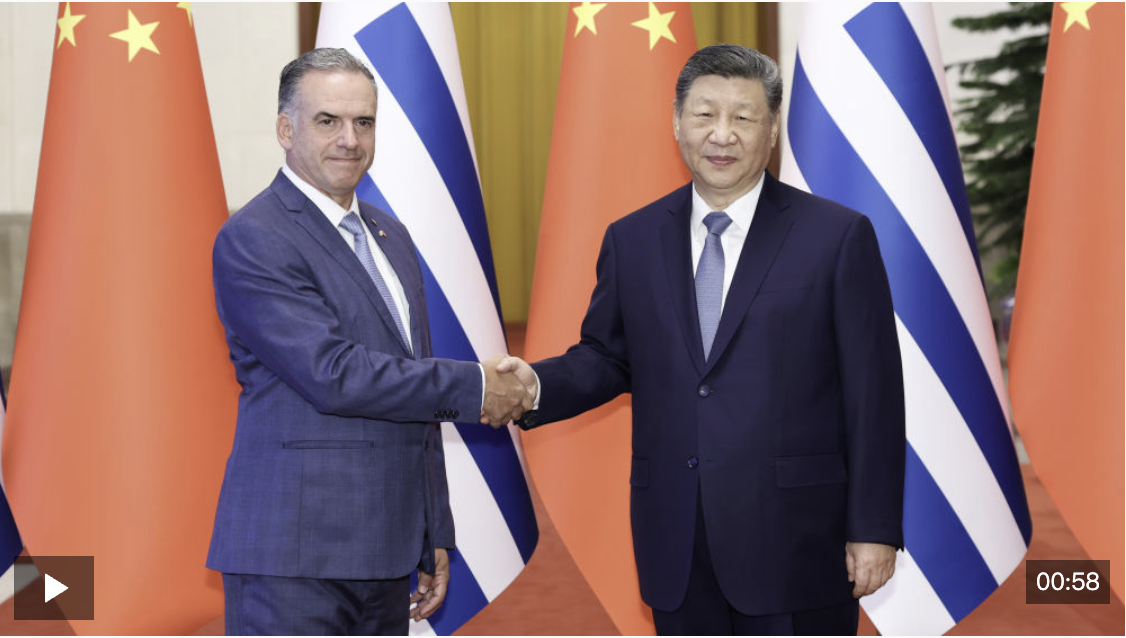
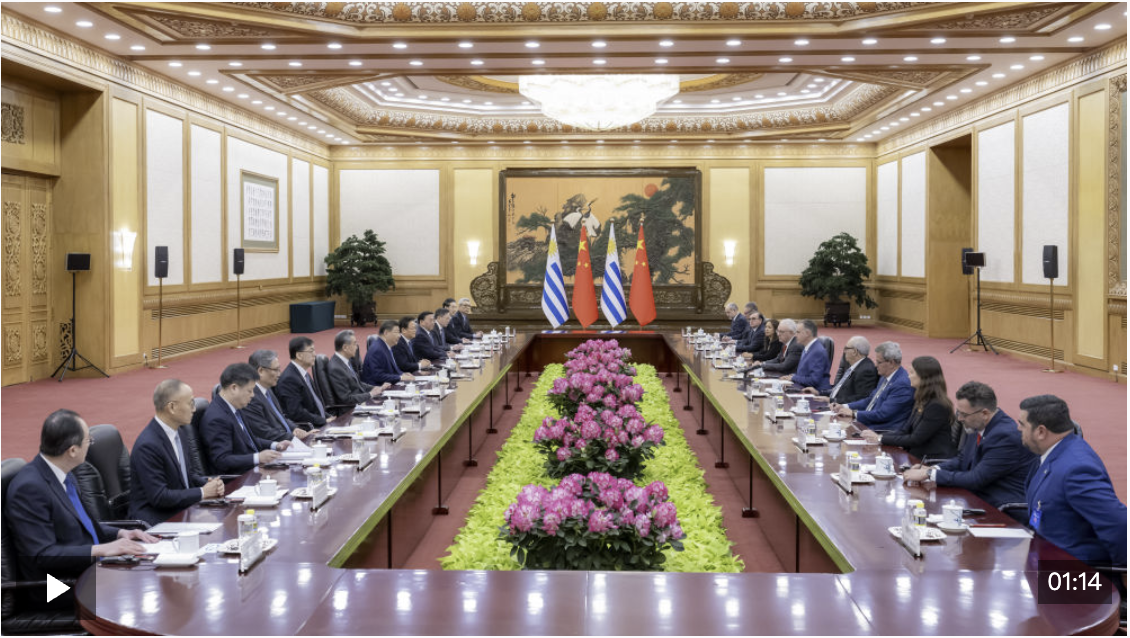
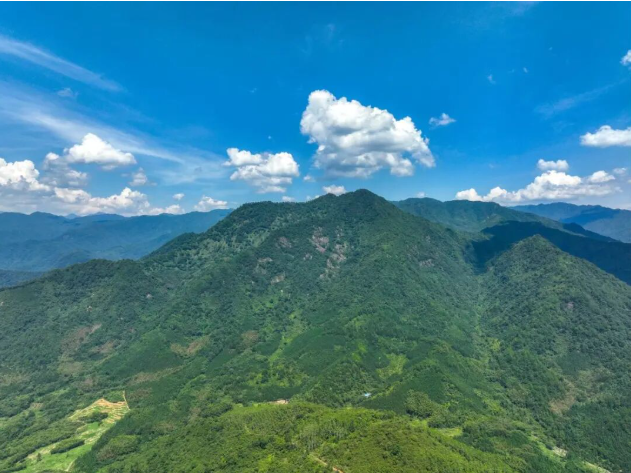
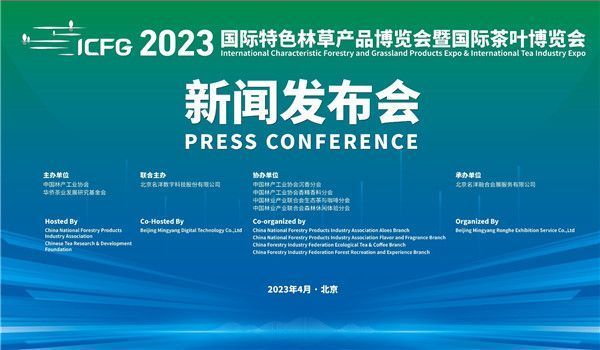
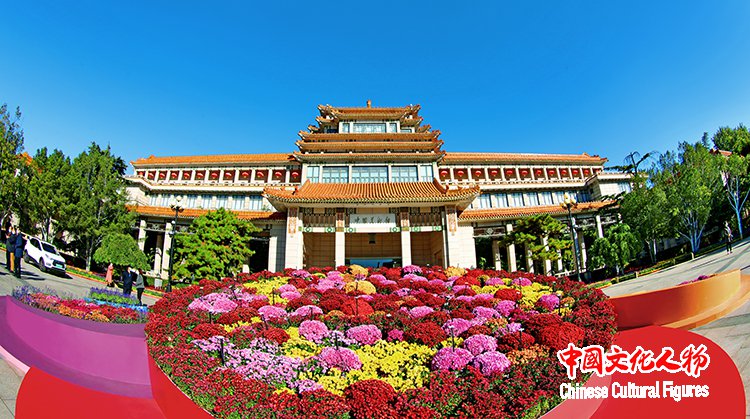
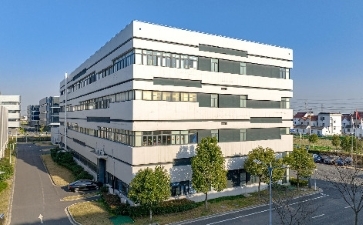 北京将打造现代化首都都市圈 壮大先进制造业集群
北京将打造现代化首都都市圈 壮大先进制造业集群
 中国“个性年货”俏销 多元供给精准对接需求
中国“个性年货”俏销 多元供给精准对接需求
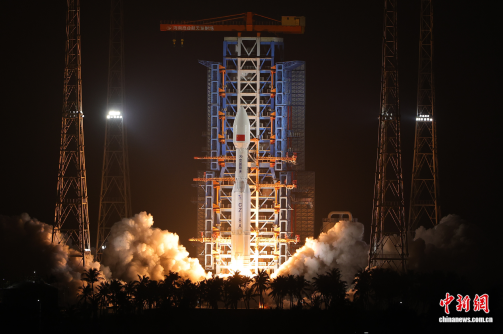 中国成功发射卫星互联网低轨18组卫星
中国成功发射卫星互联网低轨18组卫星
